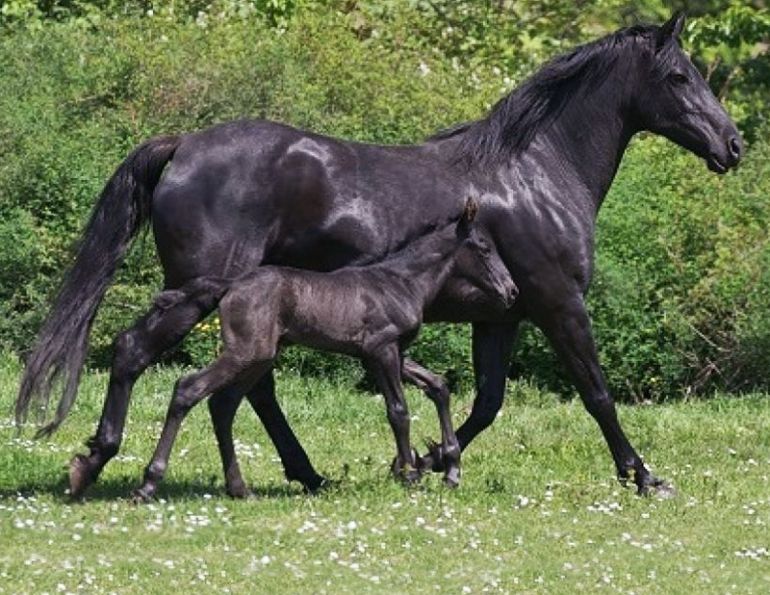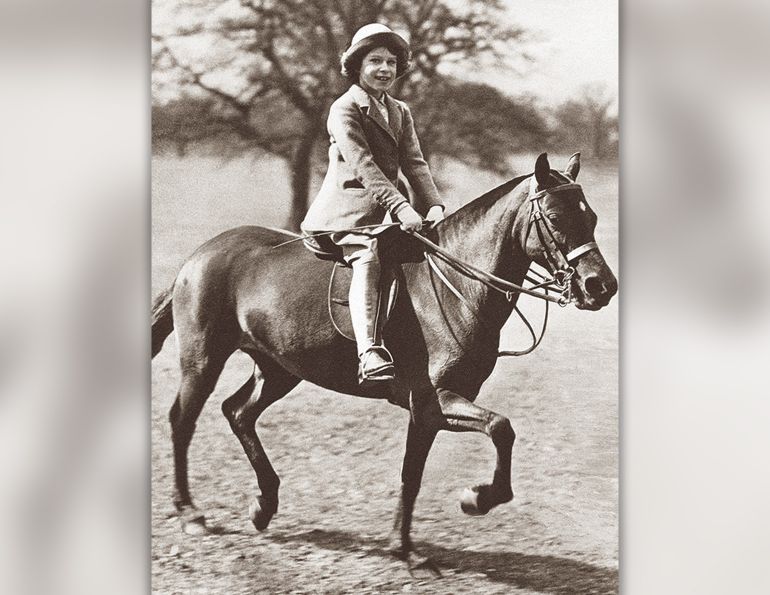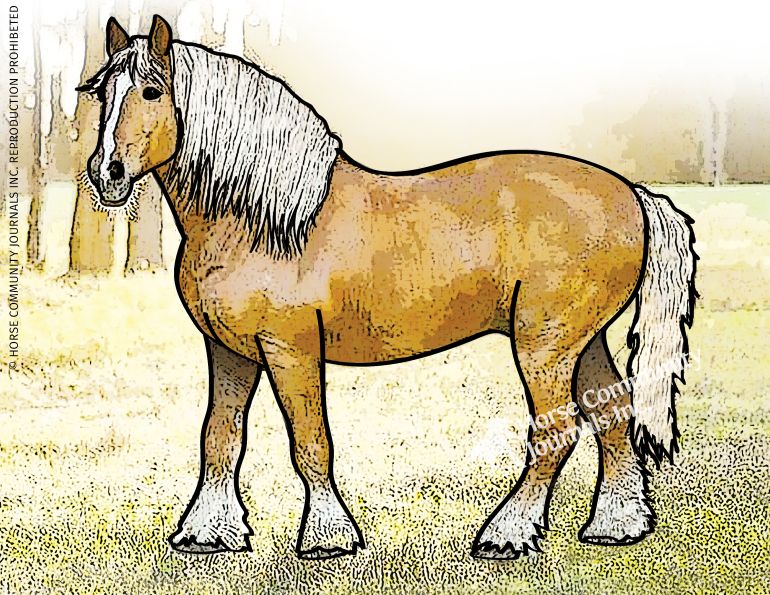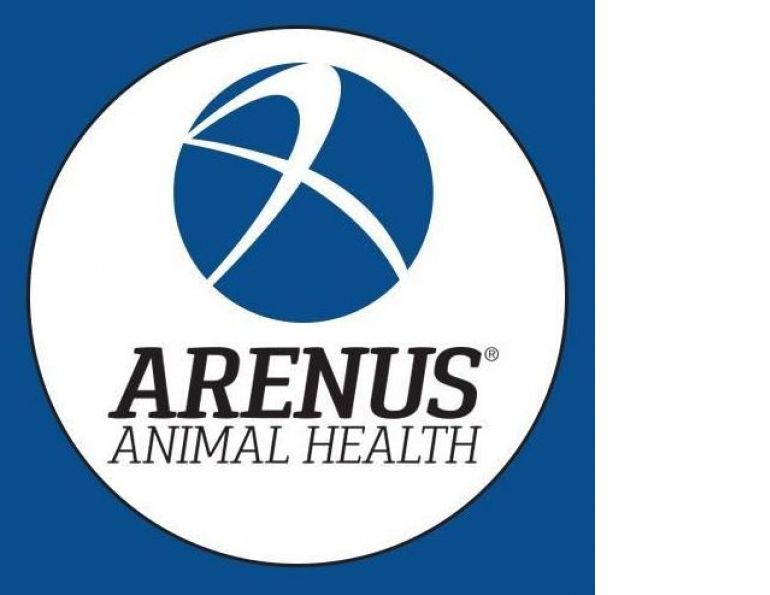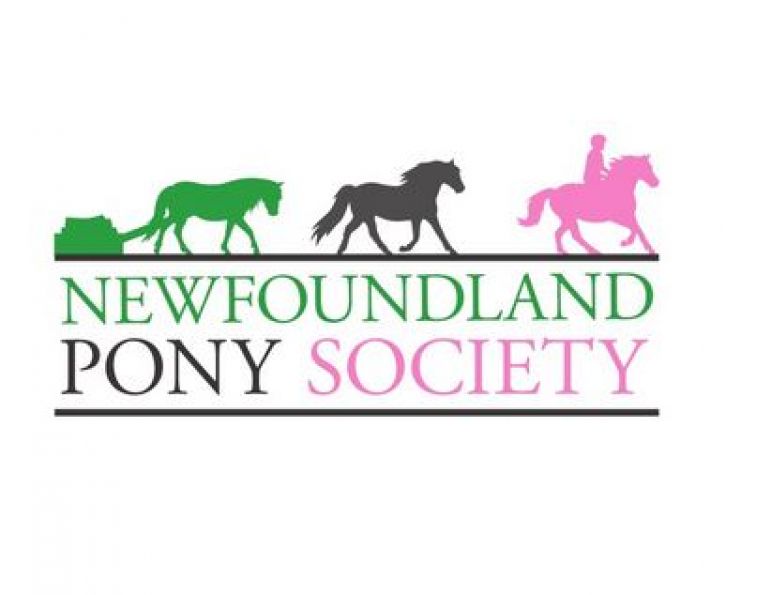A Public Concern Now Publicly Funded
By Jackie Bellamy-Zions
“Continuity and change in animal protection work and policy” was the topic presented by Dr. Kendra Coulter at the University of Guelph on January 22, 2020. Coulter is the Chair of the Department of Labour Studies at Brock University and holds the Chancellor’s Chair for Research Excellence. Her research projects have studied humane jobs for both people and animals.
A concise introduction took attendees through the history of horses’ roles and how they have changed from the days of carriage horses and work horses where welfare issues were visible and rampant. Coulter had to only briefly mention the story of Black Beauty to have the whole audience relating. The horse of today is more often a companion animal and the term “sentient being” sees a lot more use. Cases of abuse for today’s equine are not necessarily in the public’s view until they show up in the news headlines.
To look forward, Coulter explained we first need to look where we have been. In the beginning, animal protection was largely supported by the upper class who possessed the time and means to donate to not-for-profit organizations. The Ontario Society for the Prevention of Cruelty to Animals (OSPCA) was given policing powers for animal welfare cases in 1919. It was not until 2012 than the government of Ontario began to provide a small injection of public funding ($5.5 million which eventually rose to $5.75 million). During this time, an underfunded OSPCA relied on these dollars and donations to carry out animal cruelty investigations with only 91 officers. In Fall 2018, lack of funding was cited, when the OSPCA announced it would move away from animal cruelty investigations involving horses and farm animals.

In the spectrum of animal cruelty, one survey result revealed that 95 percent of participants want to see more attention paid to prevention. To achieve this, education programs could be considered as part of the solution. Photo: Canstock/ViShark
In the beginning of 2019, a Superior Court ruling deemed the OSPCA’s enforcement powers unconstitutional because, as a private entity, the organization is not subject to the same channels of oversight and accountability as police and public enforcement agencies.
With the passing of Bill 136, in January 2020, the Provincial Animal Welfare Services Act places enforcement of animal cruelty investigations into the hands of Ontario law enforcement. A toll-free number has been established for people to report concerns about animal distress or abuse, 24 hours a day, seven days a week. 1-833-9-ANIMAL (264625)
Coulter was well versed in the strengths and weaknesses of many enforcement options through her extensive research. Having conducted a survey of OSPCA officers, she was quick to point out their dedication in the face of very stressful situations and the often-dangerous challenges they faced, especially when working alone, in remote locations with no two-way radio.

Dr. Kendra Coulter during her presentation “Continuity and change in animal protection work and policy” at the University of Guelph on January 22, 2020. Photo courtesy of University of Guelph
Since 2015, Coulter and her team have been studying animal cruelty investigations in Ontario and around the world. Part of this research included a public survey, collecting the opinions of Ontarians, with important questions gauging people’s levels of support for various investigation models. The level of engagement was incredible, with over 20,000 respondents, confirming the importance the public places on animal welfare. The fascinating results were included in her report, published May 2019: A More Humane and Safer Ontario: The Future of Animal Cruelty Investigations.
One survey result revealed that 95 percent of participants want to see more attention paid to prevention, whether through humane education and/or regular inspection of businesses where animals are kept.
Coulter described a spectrum of animal cruelty with three categories:
- Behaviour that is not ideal for a clear reason;
- Treatment of animals which contravenes the law; and
- Heinous cases of animal abuse or neglect.
For the first two categories, education programs could be considered as part of the solution.
At the heinous crimes end of the spectrum, Coulter said mental health or serious financial issues were often involved. Coulter also explained crimes of violence against women and children have been linked with animal abuse cases.
Whether it was kismet or foresight that Coulter’s research was focused on animal cruelty investigation models in 2018 when the current Ontario model needed to change, their team was ready with incredible supporting reports and analysis. Coulter expounded about the potential improvements that could result from a publicly funded system of law enforcement in animal cruelty cases.
“It is because of the wide spectrum of animal cruelty cases that Ontario needs a thoughtful and well-coordinated public model,” says Coulter. “There is the potential for excellence.”
Animal cruelty enforcement is no longer run by a not-for-profit charitable organization in Ontario. It is now a public responsibility, but what the new model will look like is still unclear. Coulter’s report concludes with optimism the strong message Ontario could send that crimes against animals will be unacceptable and there is great potential to become a leader in anti-cruelty enforcement. One of the last slides in her presentation at the University of Guelph certainly provided food for thought on the important components of anti-cruelty enforcement including proper funding, shared resources such as veterinary forensics and animal care that will be pivotal to a successful future enforcement model.
All police officers would require some or additional training about animal crimes, the link between human and animal abuse, and animal welfare.
To learn more about the upcoming challenges, significance of training, and resources in Ontario’s new cruelty investigation model and why public leadership will play an important role moving forward, read the full report: A More Humane and Safer Ontario: The Future of Animal Cruelty Investigations.
Reprinted with the kind permission of Equine Guelph.











